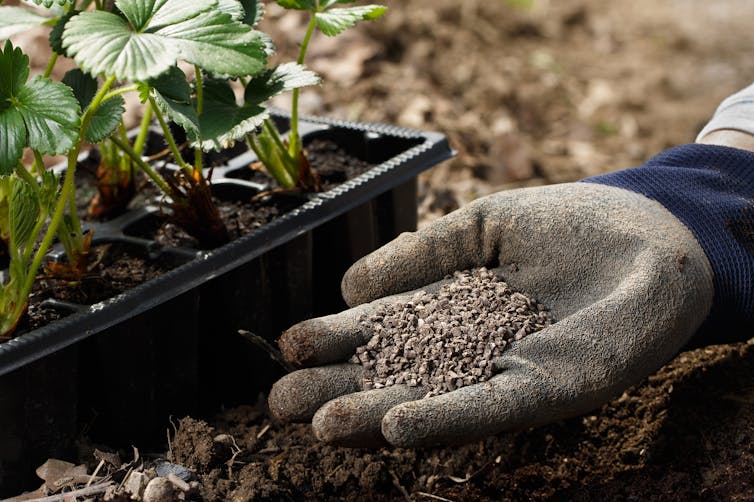This week, following our article on urine recycling in The Conversation UK, Prithvi Simha from the group was invited for a live radio broadcast by SAfm, South Africa’s national public radio station, operated by the South African Broadcasting Corporation. The show is called Late Night Conversation with Patricia Ntuli. During the 30 minute interview, Prithvi and Patricia spoke about a range of topics surrounding urine recycling, and how urine can be dried using the group’s revolutionary invention, alkaline dehydration. Listen to it below –
Science/Environmental Conversations: We found a way to turn urine into solid fertiliser https://iono.fm/e/955572


